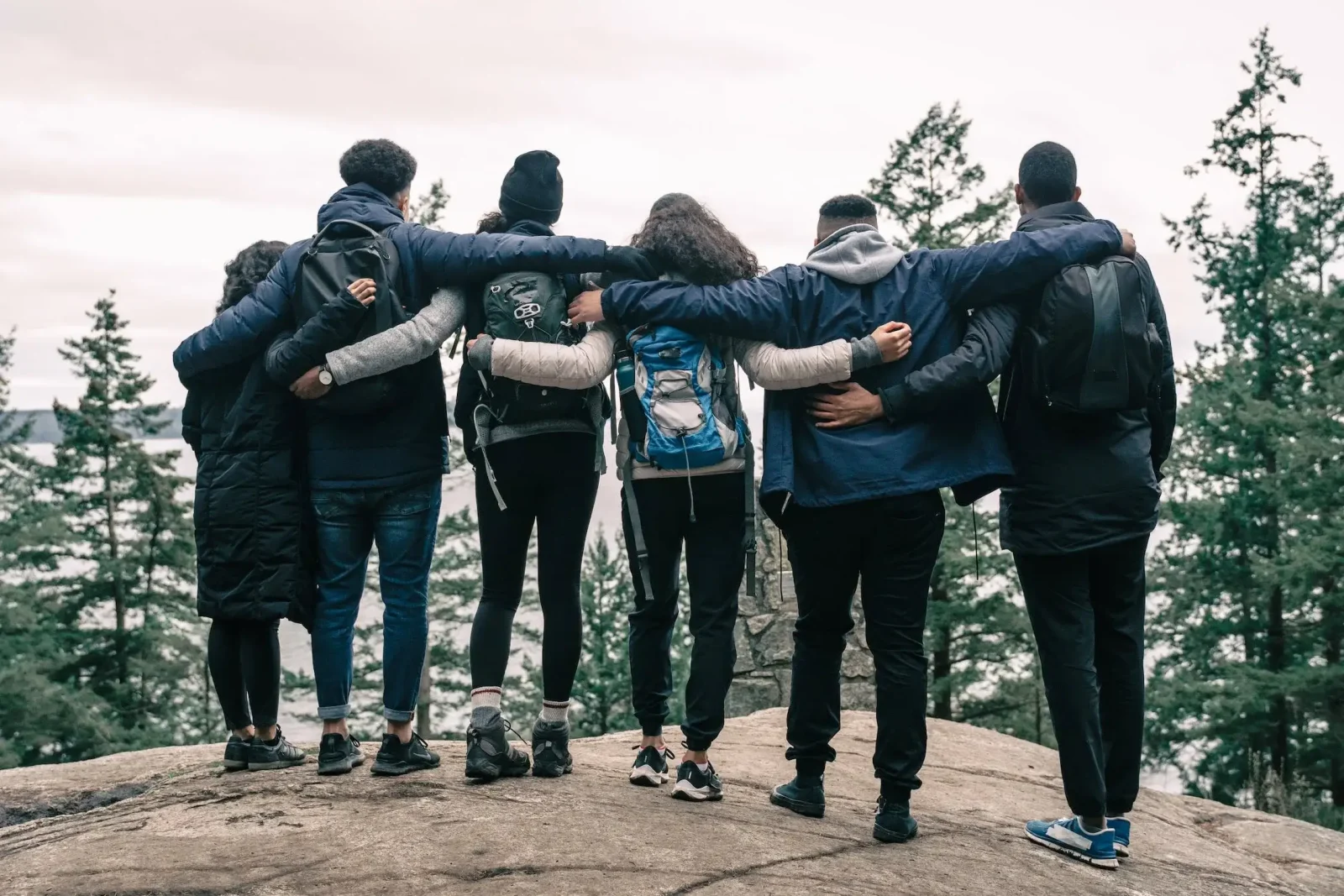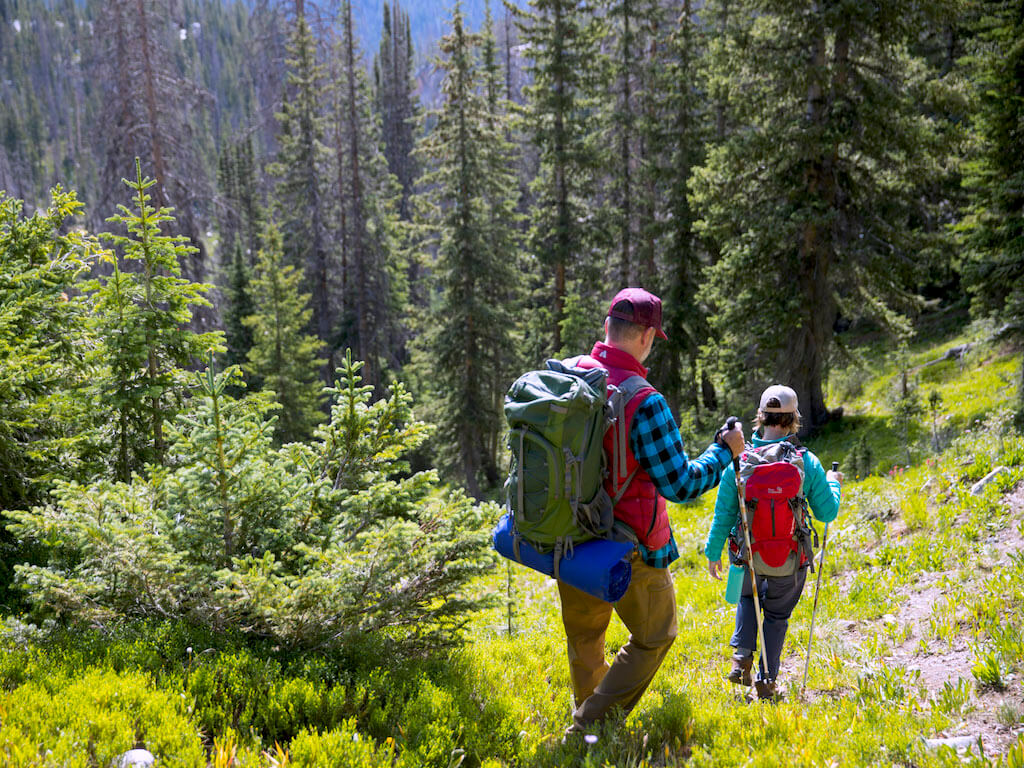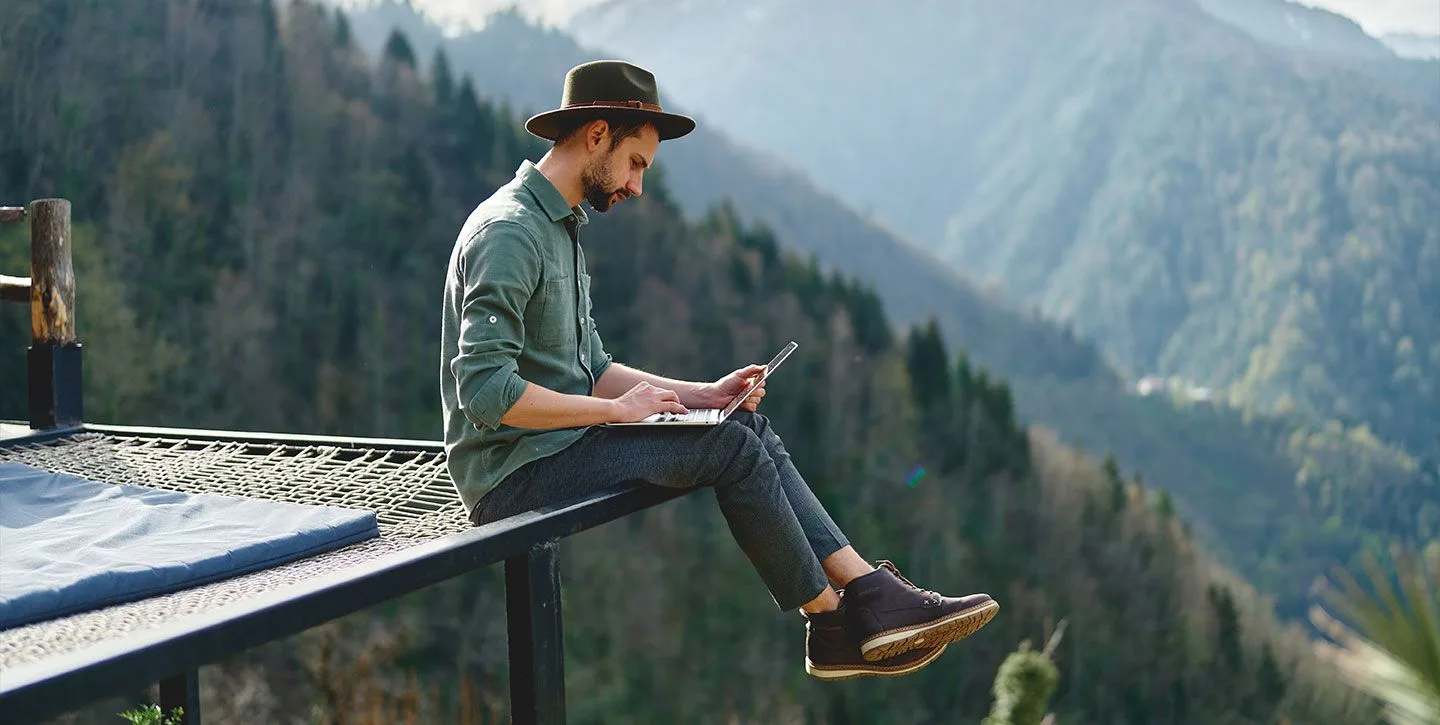The Transformative Power of Travel and Recreation: Why Exploring the World Enriches Life

Travel has long been one of humanity’s greatest pursuits. From ancient merchants following trade routes to modern-day digital nomads seeking adventure, the desire to explore new places is deeply rooted in our nature. Yet travel is more than just movement across borders—it is recreation, education, self-discovery, and cultural exchange rolled into one experience.
In today’s fast-paced world, where stress and routines often dominate our lives, travel and recreational activities serve as powerful antidotes. They refresh the body, stimulate the mind, and open the heart to new perspectives. This article explores the value of travel and recreation, from their impact on personal well-being to their role in fostering cultural understanding and environmental awareness.
The Joy of Recreation Through Travel
At its core, travel is a form of recreation—a deliberate escape from the pressures of work, school, and everyday obligations. Recreation means more than leisure; it implies activities that restore energy and bring joy. When people travel, they engage in recreational pursuits such as hiking, swimming, sightseeing, or simply relaxing on a beach.
Unlike routine hobbies, travel adds a dimension of novelty. A morning jog feels different when done on the shores of Bali compared to a neighborhood park. The excitement of the unfamiliar amplifies the recreational benefits of ordinary activities, creating memories that last a lifetime.
Travel and Mental Well-Being
One of the most powerful benefits of travel is its impact on mental health. Studies consistently show that taking time away from daily stressors reduces anxiety and improves mood. Traveling allows individuals to disconnect from demanding schedules, social media, and workplace pressures, replacing them with new experiences and adventures.
-
Stress reduction: Being in a different environment shifts focus away from worries, giving the mind a much-needed reset.
-
Creativity boost: Exposure to new cultures, languages, and landscapes stimulates creativity and problem-solving skills.
-
Mindfulness: Travel encourages people to be present—whether savoring local cuisine or watching a sunset in an unfamiliar place.
The recreational aspect of travel is not just about fun—it is deeply therapeutic.
Adventure Recreation: Pushing Boundaries
For many travelers, recreation comes in the form of adventure. Activities like trekking in the Himalayas, scuba diving in the Great Barrier Reef, or zip-lining in Costa Rica push physical and mental boundaries. Adventure tourism is one of the fastest-growing sectors in travel, attracting those who seek not only relaxation but also adrenaline-fueled challenges.
Adventure recreation develops resilience, confidence, and teamwork. Facing fears—whether jumping from a plane or navigating a mountain trail—translates into personal growth. The thrill of adventure becomes a metaphor for tackling life’s obstacles, empowering travelers long after the trip ends.

Cultural Recreation: Exploring Human Diversity
Travel is not just about landscapes—it’s about people. Recreational travel often includes cultural immersion, where tourists explore traditions, cuisines, festivals, and arts of different communities. From attending a flamenco performance in Spain to experiencing Japan’s cherry blossom season, cultural recreation allows individuals to step into the lives of others.
This fosters empathy and respect. By learning about how people live, celebrate, and solve problems, travelers gain perspective on their own lives. In an increasingly globalized yet divided world, travel becomes a bridge, promoting unity through shared experiences.
Ecotourism: Recreation That Protects Nature
With the growing awareness of climate change, recreational travel is evolving toward sustainability. Ecotourism emphasizes responsible travel that minimizes environmental impact while supporting conservation efforts. Instead of large-scale resorts, ecotourism promotes eco-lodges, wildlife sanctuaries, and community-led projects.
Activities such as birdwatching, jungle trekking, or marine conservation volunteering combine recreation with environmental stewardship. Travelers not only enjoy natural beauty but also contribute to preserving it for future generations. This form of recreation highlights the deeper responsibility of travel—to protect the very landscapes and cultures that inspire us.
The Role of Recreation in Family and Social Bonding
Traveling is one of the most effective ways to strengthen relationships. Families who vacation together often report stronger bonds, improved communication, and lasting memories. Shared recreational activities—whether exploring theme parks, camping under the stars, or trying local cuisines—create experiences that bring people closer.
Friend groups also benefit from recreational travel. Backpacking through Europe or road-tripping across the United States becomes a shared adventure, building stories that bind friendships. Even solo travelers find connection, often meeting fellow adventurers along the way and forming cross-cultural friendships.
Technology and Modern Recreation Travel
The digital age has revolutionized recreational travel. Smartphones, booking apps, and social media platforms make planning easier and experiences more shareable. Virtual tours, GPS-guided hikes, and travel blogs allow people to explore destinations before even arriving.
However, technology is a double-edged sword. While it enhances convenience, it can also distract from the present moment. Many travelers now seek “digital detox” experiences—destinations that encourage disconnecting from screens to fully immerse in recreation. This trend underscores a key truth: the best recreational travel is about presence, not posts.
Challenges of Recreational Travel
Despite its benefits, recreational travel faces challenges:
-
Overtourism: Popular destinations often suffer from overcrowding, which strains local infrastructure and disrupts daily life.
-
Environmental footprint: Air travel and mass tourism contribute to carbon emissions and habitat loss.
-
Accessibility: Not everyone can afford recreational travel, leading to inequalities in who gets to experience its benefits.
Addressing these issues requires a shift toward responsible travel—choosing lesser-known destinations, supporting local economies, and adopting eco-friendly practices.
The Future of Travel and Recreation
The future of recreational travel lies in personalization and sustainability. Instead of one-size-fits-all tours, travelers increasingly seek tailored experiences—wellness retreats, culinary journeys, or volunteer vacations. Virtual reality may also allow people to “travel” digitally, though physical experiences will always hold greater value.
Governments and organizations are investing in sustainable infrastructure, ensuring that recreation can coexist with conservation. As travel becomes more accessible, its role in promoting global understanding and individual well-being will only grow stronger.

Conclusion
Travel and recreation are more than luxuries—they are essential to human growth and happiness. Whether through the thrill of adventure, the peace of nature, the joy of culture, or the bonds of shared experiences, recreational travel enriches lives in profound ways.
It teaches resilience, fosters empathy, and nurtures appreciation for our planet. In a world that often feels fragmented, travel reminds us of our shared humanity and the beauty of diversity. Recreation through travel is not just about where we go—it’s about who we become along the way.



